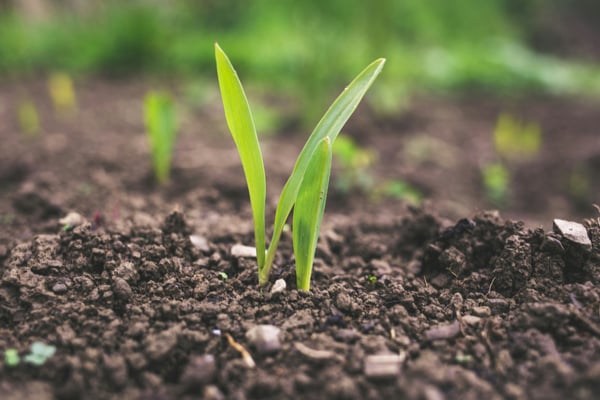Canadian agri-tech firm Hempalta has fully acquired the Hemp Carbon Standard (HCS), solidifying its...
Base Carbon: Spearheading the First Article 6 Authorized Carbon Credits Through Innovative Rwanda Cookstoves Project
Base Carbon Inc., through its subsidiary Base Carbon Capital Partners Corp., has achieved a groundbreaking milestone in the voluntary carbon market by receiving an initial transfer of 717,558 carbon credits for its Rwanda cookstoves project. These credits are not only a testament to the project's success but also stand out as the first-ever to be designated with Verra’s “Article 6 Authorized” label, marking a significant advancement in carbon credit validation.
A New Era of Carbon Credits
Understanding Article 6 Carbon Credits
Article 6 of the Paris Agreement facilitates international collaboration in achieving national climate targets through the trade of mitigation outcomes, known as carbon credits. This provision aims to ensure that carbon credits are not only credible but also contribute effectively towards global emission reduction targets.
The Path to Authorization
The Rwanda Cookstoves project, which received a letter of authorization (LOA) from the Rwandan Government in December 2023, utilizes Verra’s Verified Carbon Standard (VCS) Program for registration. This project is the first to achieve the Article 6 Authorized label from Verra, setting a new standard for carbon credit projects worldwide.
Base Carbon's Strategic Impact
Financing and Management of Carbon Projects
Base Carbon provides essential capital and management resources to carbon abatement and removal projects globally. By enhancing efficiencies and transparency in trading, Base Carbon not only supports environmental goals but also ensures commercial viability and credibility in the projects it finances.
Benefits of the Rwanda Cookstoves Project
This initiative focuses on distributing high-efficiency firewood cookstoves to households, which are designed to replace traditional 3-stone fire setups. Benefits include:
- Health Improvements: Reducing smoke exposure helps decrease respiratory and other health issues associated with traditional cooking methods.
- Environmental Impact: The project significantly cuts emissions by improving cooking efficiency and reducing the need for firewood, thus conserving forests and biodiversity.
- Economic Efficiency: Households save on fuel costs and time spent gathering firewood, contributing to local socio-economic development.
Operational Highlights and Future Projections
Carbon Credit Generation and Allocation
Following the LOA guidelines, a portion of the issued credits will be immediately retired to offset global emissions, another portion will be transferred to the Rwandan government to meet its emission reduction targets, and a further share of the revenues will support the United Nations’ Global Adaptation Fund.
Project Scale and Emission Reductions
The Rwanda cookstoves project is set to deliver substantial emission reductions, with an average annual reduction estimated at 1,819,332 tCO2e over the initial 7-year crediting period. This scale of impact underscores the project’s significant contribution to climate change mitigation efforts.
Enhanced Implementation Framework
In alignment with the revised project agreement, Base Carbon and DelAgua will share the responsibilities and benefits from the carbon credits, including contributions to the Global Adaptation Fund. This collaborative approach ensures that the benefits of the carbon credits are maximized and equitably distributed.
Looking Ahead: Strategic Sales and Market Growth
Base Carbon is exploring various options to optimize the sales of these newly authorized carbon credits. With an eye on market demands and pricing strategies, the company is well-positioned to leverage the potential of these high-integrity credits to foster sustainable development and environmental conservation.
Conclusion
Base Carbon’s pioneering achievement with the first-ever Article 6 Authorized carbon credits from its Rwanda cookstoves project marks a pivotal moment in the carbon market. This milestone not only enhances the credibility and acceptance of carbon credits globally but also demonstrates the effective integration of innovative environmental projects with global climate goals. As Base Carbon continues to expand its influence and operations, it sets a precedent for future projects aiming to combine environmental impact with economic and social benefits.






